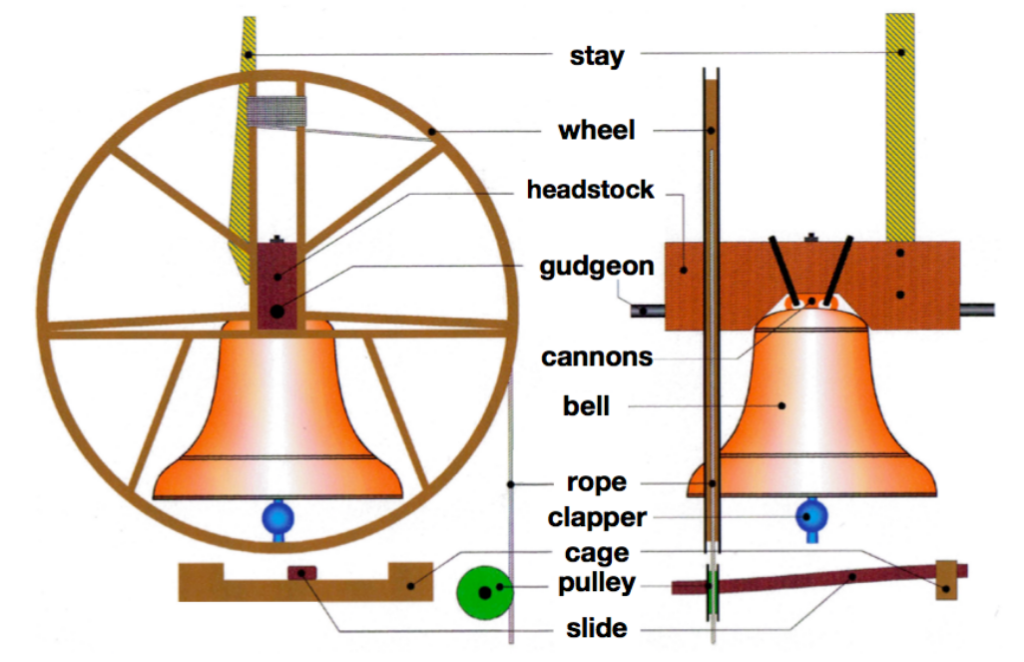For hundreds of years church bells have rung out, not only to call communities to worship, but also to celebrate special occasions, in remembrance of others and to signify special events. They are part of the soundscape of the UK. In June 2022 we all celebrated Queen Elizabeth II’s Platinum Jubilee with the sound of bells. Bells also rang out with a muffled sound throughout the nation as a mark of respect at her passing in September 2022.
Following the announcement of King Charles’ Coronation, the Central Council of Church Bell Ringers initiated an appeal to recruit more ringers to be trained in time to Ring for the King. Well over 2000 members of the public answered that appeal and helped to celebrate the King’s coronation. Have a look on BellBoard at all the ringing that took place.






























